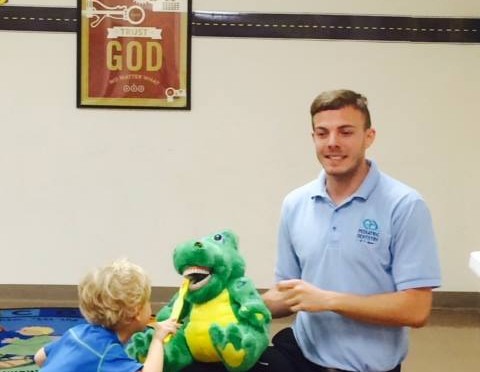Dental Health Tips During Cold And Flu Season
It’s that time of year again.. people are coughing and sneezing and germs can be anywhere at any place. Not many people enjoy getting the[…]
Baby pacifiers: Pros and cons
Should parents let their infant use a pacifier? According to the Academy of General Dentistry (AGD), there are benefits as well as a downside to[…]
Is Mouthwash Safe for my Child?
Mouthwashes kill germs that cause plaque, cavities, and gingivitis. Adults also like the minty, fresh feeling that follows a mouthwash rinse. Many of our patients[…]

Motivating Kids to Care for Their Teeth
We can teach children how to brush their teeth, but convincing them to do it is another story. We talk to people all of the[…]
